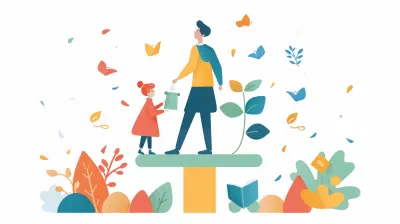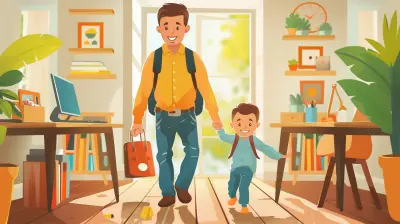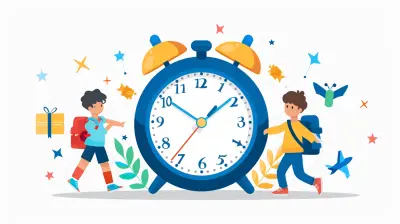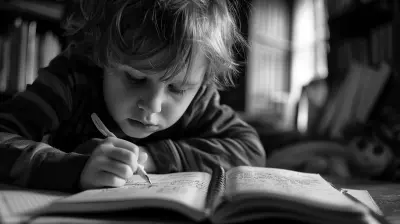Teaching Kids Responsibility Before They Start School
17 April 2025
Starting school is a huge milestone for kids—and for parents too! But beyond the excitement of new backpacks and lunchboxes, there’s a crucial life skill that can set your child up for success: responsibility. Teaching kids responsibility before they start school helps them build confidence, develop independence, and handle daily tasks with ease.
So, how can you get started? Let’s dive into practical ways to teach responsibility to your little one before they step into the classroom. 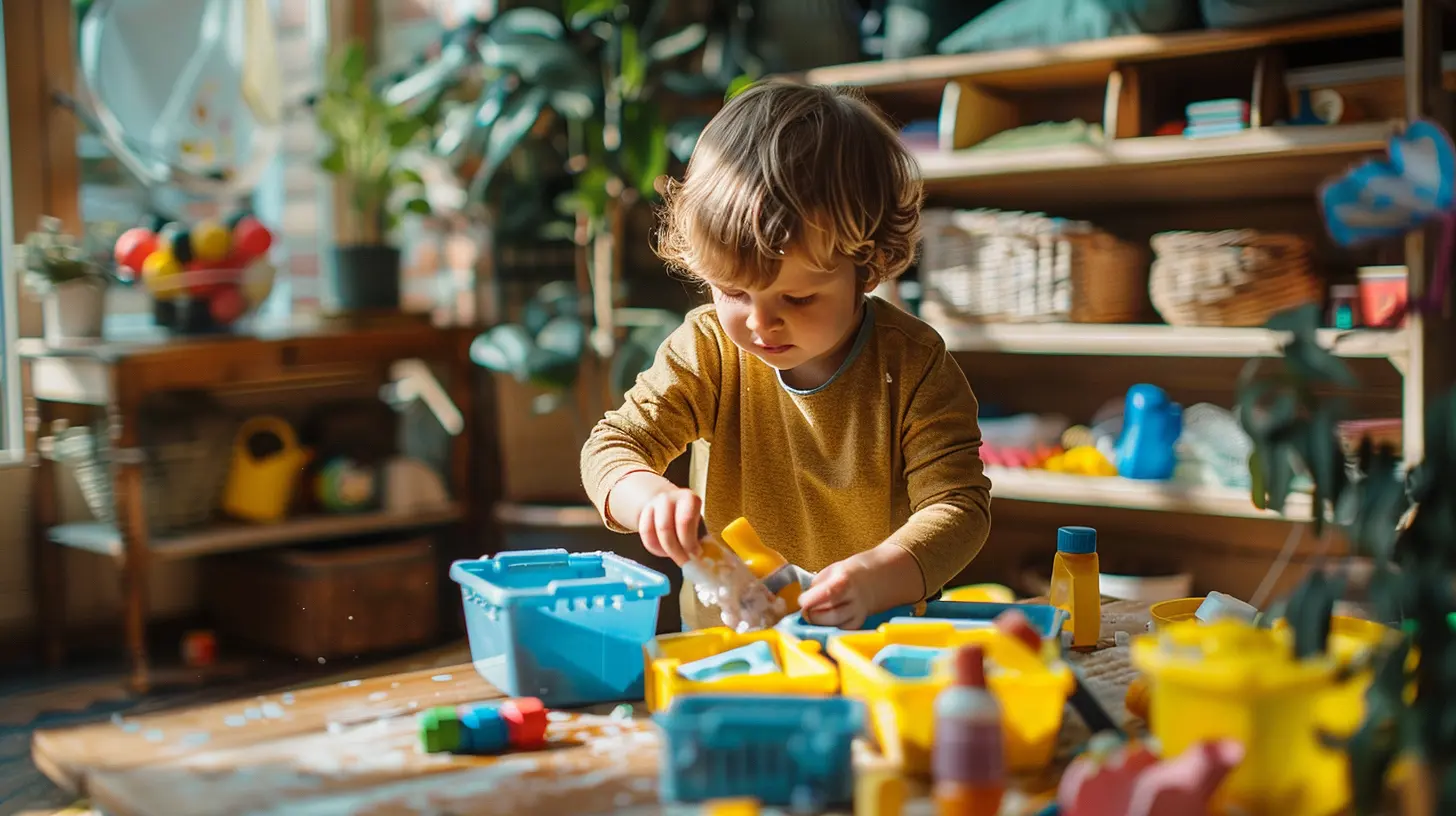
Why Is Teaching Responsibility Important?
Kids aren’t born responsible—it’s something they learn. And the earlier they start, the better.When kids learn responsibility early, they:
- Become more independent
- Show better self-discipline
- Learn problem-solving skills
- Develop a strong work ethic
- Gain confidence in their abilities
Think of responsibility like a muscle. The more they use it, the stronger it gets! 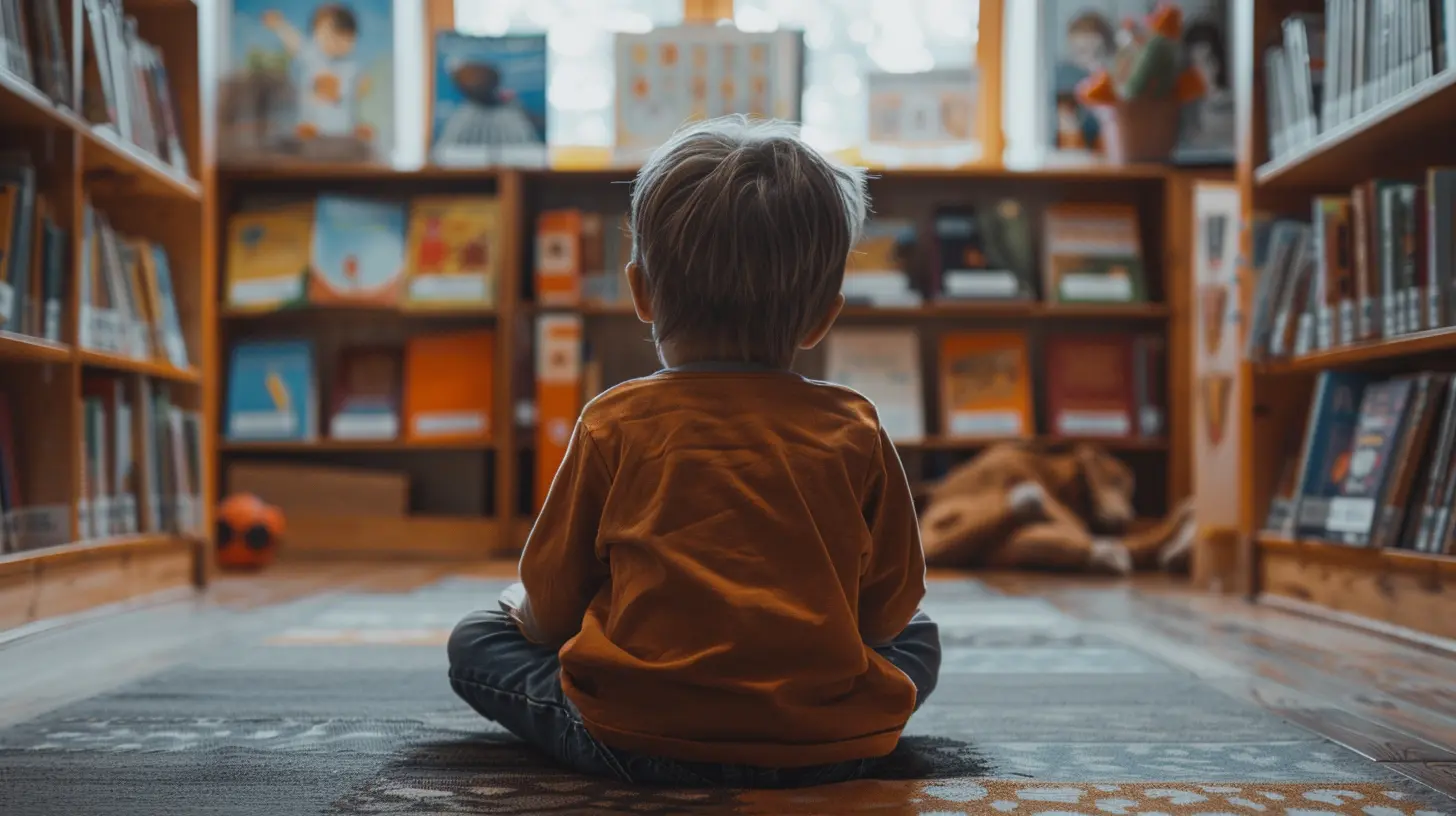
1. Start With Simple Chores
Chores are one of the best ways to teach responsibility. And no, we’re not talking about scrubbing floors! Age-appropriate tasks like:- Putting toys back after playtime
- Placing dirty clothes in the laundry basket
- Helping set the table for meals
- Feeding a pet
These small tasks help kids understand that everyone has a role in keeping things running smoothly. Plus, they’ll feel proud of their contributions!
👉 Tip: Turn chores into a game! Kids love a little challenge, so set a timer and see how fast they can clean up. 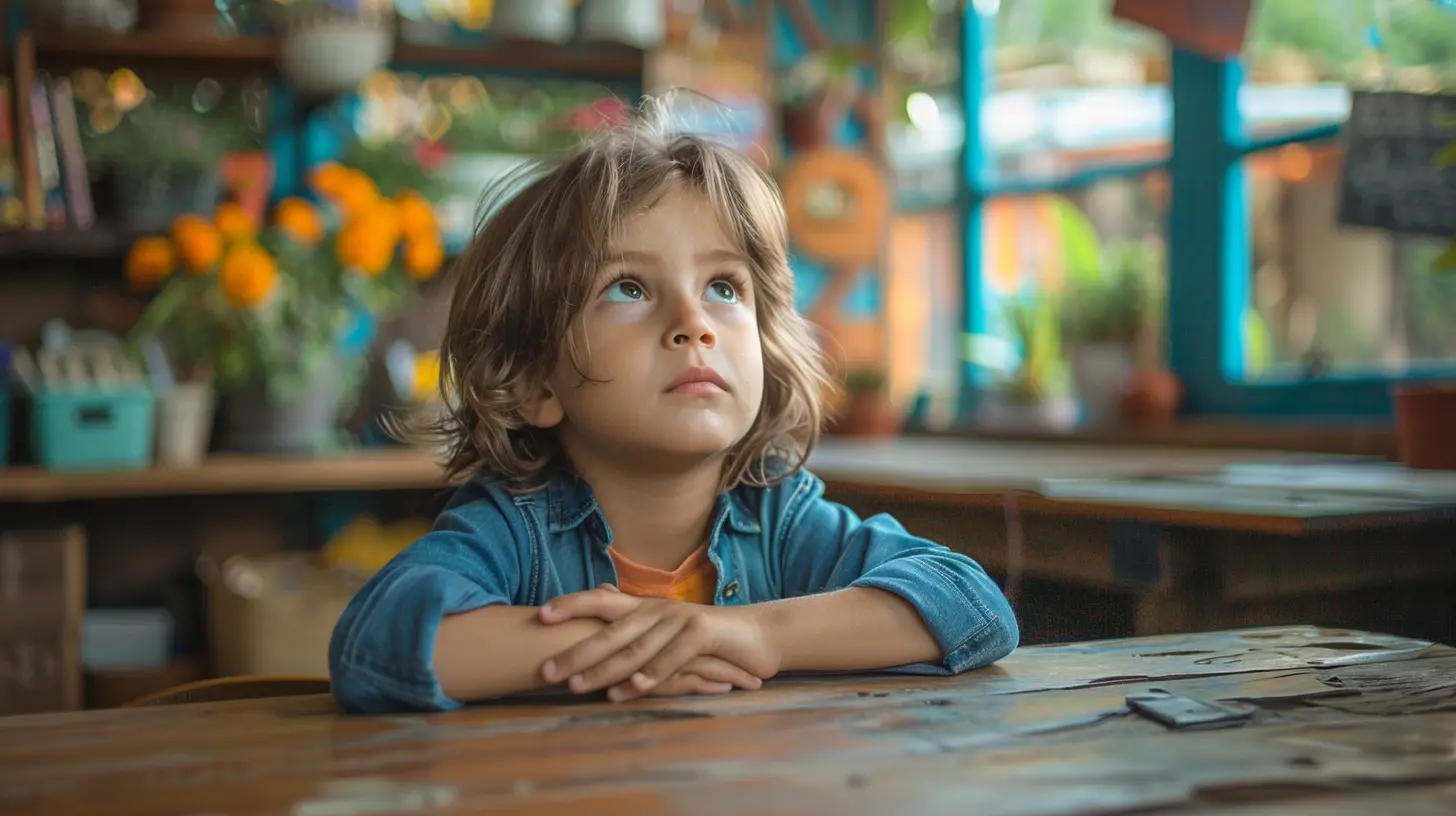
2. Teach The "Cause And Effect" Rule
Ever seen a child spill juice all over the floor and then look at you like, Now what? This is the perfect time to teach cause and effect!Example: If they leave their toys out and step on them, it hurts. If they don’t put their shoes away, they might lose them.
Teaching kids that actions have consequences helps them think before they act. Instead of rescuing them immediately, encourage them to solve small problems on their own. 
3. Let Them Make Simple Choices
Kids feel responsible when they get to make decisions—even small ones!Try letting them choose:
- Their outfit for the day (even if it’s mismatched!)
- What snack they want
- Which book to read before bed
When they make choices, it teaches them accountability. If they pick sandals on a rainy day, they’ll quickly learn why that wasn’t the best decision.
4. Encourage A Daily Routine
Routines make kids feel secure and teach them how to manage time. A simple morning and bedtime routine works wonders.For example:
- Morning: Brush teeth → Get dressed → Eat breakfast → Pack backpack
- Evening: Put away toys → Take a bath → Read a book → Sleep
By following a structured routine, kids automatically take responsibility for their daily tasks.
👉 Tip: Use picture charts for younger kids who aren’t reading yet. Seeing images of their tasks helps them remember what to do next.
5. Teach The Value Of Helping Others
Responsibility isn’t just about taking care of themselves—it’s also about caring for others.Encourage kids to:
- Help a younger sibling put on their shoes
- Share toys with friends
- Hold the door open for someone
These small acts of kindness create a sense of responsibility towards others, fostering empathy and teamwork.
👉 Tip: Praise them when they help out! A simple “Wow, that was so kind of you!” reinforces good behavior.
6. Let Them Handle Their Belongings
If kids know their belongings aren’t magically cleaned up by parents, they’ll start taking care of them!Teach them to:
- Put their backpack away when they get home
- Keep their crayons neatly stored
- Take responsibility for their lunchbox
When they take ownership of their things, they appreciate them more and learn organization skills.
7. Use Positive Reinforcement
Kids thrive on encouragement. Instead of focusing on what they didn’t do (“You forgot to put your shoes away again!”), acknowledge what they did right.Try saying:
- “I love how you remembered to feed the fish today!”
- “You packed your bag all by yourself—great job!”
Praise makes kids feel good about being responsible and encourages them to keep it up.
👉 Tip: Use a sticker chart for younger children! Every responsible action earns a sticker, leading up to a small reward.
8. Read Books About Responsibility
Kids love stories, and books are a fantastic way to teach life lessons. Some great books about responsibility include:- The Berenstain Bears and the Trouble with Chores by Stan & Jan Berenstain
- What If Everybody Did That? by Ellen Javernick
- I Just Forgot by Mercer Mayer
These stories show kids real-life situations where responsibility is important—without sounding like a lecture.
9. Teach Money Responsibility (In A Simple Way)
Before starting school, kids may not need a full finance lesson, but they can understand basic money concepts.Give them small responsibilities like:
- Putting spare change in a piggy bank
- Learning the difference between wants vs. needs
- Saving up for a small toy instead of getting it instantly
This lays the foundation for smart money management in the future.
10. Be A Role Model
Kids are like sponges—they absorb everything they see! If they notice you being responsible, they’ll want to follow your lead.Try to:
- Keep your own things organized
- Follow through on promises
- Admit mistakes and fix them
When kids see responsibility in action, they naturally pick up on it.
Final Thoughts
Teaching kids responsibility before they start school isn’t just about making your life easier (though, let’s be honest, that’s a bonus!). It’s about preparing them for the world—helping them become independent, confident, and capable little humans.Start small, be patient, and celebrate the wins. Because before you know it, they’ll be showing responsibility in ways that surprise you!
all images in this post were generated using AI tools
Category:
School ReadinessAuthor:

Noah Sawyer
Discussion
rate this article
5 comments
Idris McKittrick
Teaching kids responsibility before school sets a strong foundation for their future. Simple tasks, like helping with chores or managing small assignments, foster independence and accountability, preparing them for both academic and personal challenges ahead.
May 10, 2025 at 2:40 PM

Noah Sawyer
Thank you for your insightful comment! I completely agree—instilling responsibility through simple tasks not only builds independence but also equips children with essential life skills for their future.
Elle Johnson
What a fantastic guide! Teaching kids responsibility early sets them up for success and builds their confidence. Let the learning adventures begin!
April 30, 2025 at 2:47 PM

Noah Sawyer
Thank you! I'm glad you found the guide helpful. Teaching kids responsibility truly lays a strong foundation for their future!
Hazel Gill
Teaching kids responsibility before school isn’t just important; it’s essential. From simple chores to managing their time, instilling accountability empowers them for future challenges. Let’s stop coddling and start equipping our children with vital life skills that foster independence. Raise resilient kids who can conquer the world!
April 22, 2025 at 4:40 PM

Noah Sawyer
Absolutely! Teaching responsibility early sets the foundation for independence and resilience, equipping kids with essential life skills they need to thrive.
Eliza Warner
What a thoughtful approach to parenting! It's fascinating to see how instilling responsibility early can shape children's independence and confidence. I’m curious about the specific strategies that work best. How do different activities or chores resonate with kids at various developmental stages? Looking forward to more insights!
April 20, 2025 at 2:34 AM

Noah Sawyer
Thank you! Encouraging age-appropriate chores, like simple tidying for toddlers and more complex tasks for older kids, can foster independence. Activities like caring for a pet or managing a small allowance also resonate well at different stages. I’ll be sharing more strategies in future posts!
Danica Kirk
This article provides valuable insights into instilling responsibility in young children. Simple tasks like helping with chores or managing their belongings can foster independence and accountability. As a parent, I've found that these early lessons not only prepare kids for school but also nurture their confidence and self-reliance in everyday decisions.
April 18, 2025 at 4:46 PM

Noah Sawyer
Thank you for your thoughtful comment! I’m glad to hear you’ve found these early lessons beneficial for your children’s growth and independence.
